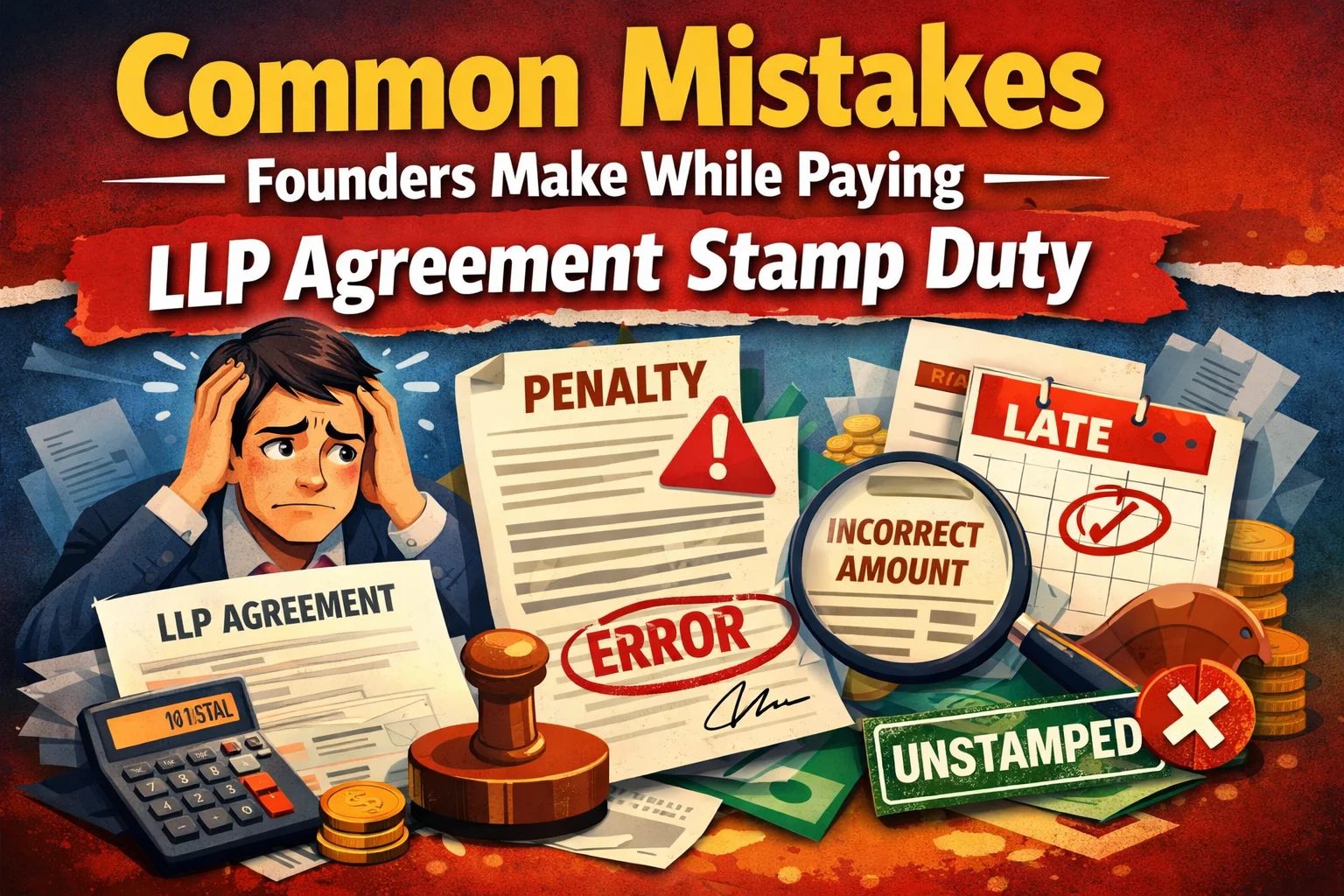Image Credit: Unsplash License
Imagine checking your phone and seeing your salary in Bitcoin, sitting safely in your crypto wallet. Sounds futuristic? It’s already happening.
Crypto payroll is changing how people get paid, especially in remote work, tech jobs, and startups. It’s fast, simple, and doesn’t need a bank. This guide will help you understand how it works, why it’s trending, and how you can get started, even if you’re totally new to crypto.
What Is Crypto Payroll?
Crypto payroll means getting paid in cryptocurrency instead of regular money like dollars or rupees. Companies can pay salaries using digital coins like:
- Bitcoin (BTC)
- Ethereum (ETH)
- Stablecoins like USDT or USDC, which are tied to the US Dollar
Unlike traditional payroll that goes through banks, crypto payroll sends money straight to your crypto wallet. It’s faster, has fewer fees, and doesn’t stop on weekends.
This method gives companies a global payment option, especially useful when hiring talent from different countries. With crypto payroll, businesses can easily pay freelancers or full-time employees regardless of their location.
Example: A remote designer in India gets paid in USDT every month by a startup based in the U.S. No banks, delay, or middlemen. He receives payment in minutes, avoids currency conversion hassles, and saves on transaction fees.
Why People Use Crypto Payroll
Faster Payments
You don’t have to wait 3–5 business days. Crypto works 24/7. Even on Sundays. Your salary comes in minutes, not days. This is especially helpful during public holidays or when banks are closed. Blockchain transactions don’t stop, and they’re processed in real time.
Lower Fees
Sending money across countries through banks can be expensive. Crypto payments cut those costs, especially for international teams. No wire transfer charges, no hidden bank fees, and no middlemen taking a cut. This makes crypto payroll highly cost-efficient.
No Bank Needed
If you live in a place with poor banking access, you can still get paid. You just need a crypto wallet and the internet. Many people in underbanked or unbanked regions now rely on crypto as their main income channel. It offers financial freedom where traditional systems fall short.
More Control
You own your crypto. It’s in your wallet, not locked in a bank. You choose when to hold, convert, or spend it. Crypto wallets also allow users to split their salary into savings, spending, or even investing, all from one dashboard.
Real-Life Example: A freelancer from Nigeria switched to crypto payroll. She saved $50 monthly on bank fees and got paid the same day her work was approved. Her clients are based in Europe and the U.S., and now payments are seamless.
How Does Crypto Payroll Work?
Step-by-Step Process
- You and your employer agree on crypto pay
- The company sends crypto (like USDC) to your wallet
- You can keep it or turn it into local money using crypto exchanges or peer-to-peer platforms
This process works for both full-time employees and freelancers. The crypto can be split into different coins or partially paid in fiat, depending on your agreement.
Crypto Payroll Tools
Some platforms make it easy and safe for companies and workers:
- Bitwage – lets you get part or all of your salary in crypto, even if the employer pays in fiat
- Deel – used by remote teams to send payments in crypto or fiat globally
- Request Finance – great for Web3 startups that want to manage recurring crypto payroll
These tools also generate payslips, tax reports, and offer automatic conversion to local currency if needed.
Example: Sara, a remote marketer, uses Bitwage to get 50% of her salary in USDC. The rest goes to her bank. She uses the crypto portion for online shopping, while converting a part into her local currency for bills.
Also Read This Blog- How Technology Is Reshaping the Path from Education to Employment
Benefits of Crypto Payroll
Here’s why more people and companies are switching to crypto pay:
| Benefit | Why It Matters |
| Fast payments | No waiting for banks; money comes instantly |
| Low transfer fees | Save money on cross-border payments and charges |
| Good for remote teams | Pay workers anywhere in the world, even in remote locations |
| Works globally | No currency conversion issues, universal value through stablecoins |
| More control | You hold and manage your own money in your wallet |
Crypto payroll also builds trust and transparency. Since blockchain records every transaction, both parties have proof of payment with time and amount.
Risks and Challenges
Crypto payroll has big benefits, but you should know the risks too.
Crypto Price Fluctuation
Some coins go up or down in value quickly. That’s why stablecoins (like USDC) are often used for salaries; they stay close to $1. Still, employees should monitor prices if they are getting paid in non-stablecoins.
Legal and Tax Issues
Not all countries treat crypto the same. You may still have to pay taxes or report your crypto income. In some regions, crypto is taxed as property, while in others it’s considered income. Keeping detailed records is essential.
Wallet Safety
If you lose your crypto wallet or your login info, your money could be gone forever. Always use backup phrases and secure your devices.
Safety Tip: Use secure wallets like Ledger or Trust Wallet and turn on two-factor login. Avoid sharing private keys and always double-check wallet addresses when receiving payments.
Is Crypto Payroll Legal?
Yes, in many countries, if it follows the rules.
- The employee must agree to be paid in crypto
- The company must follow local tax laws and labor regulations
- The value must match the minimum wage in local currency
FAQ-style clarity:
- Can I get paid fully in Bitcoin? → Yes, if your employer allows it and you agree
- Do I have to pay tax? → Yes, most countries treat crypto income like regular income
- Is it legal in India? → Crypto is not banned, but income must be reported and taxed
- Can companies deduct crypto for taxes? → In many places, yes, if they comply with tax laws
Who Should Use Crypto Payroll?
Crypto payroll isn’t for everyone, but it’s perfect for:
- Freelancers and remote workers who work with global clients
- Web3 developers and blockchain teams are already using crypto tools
- Small global startups that want easy, fast payroll systems
- Creators, designers, and marketers who prefer digital assets over fiat
- Individuals in countries with banking limits or currency restrictions
If you often deal with delayed or expensive international payments, crypto payroll could change the way you work and get paid.
How to Start Using Crypto Payroll
For Workers
- Set up a crypto wallet (like Coinbase Wallet, Trust Wallet, or MetaMask)
- Learn about stablecoins (USDT or USDC are most common for payroll)
- Talk to your client or employer about crypto payment options
- Understand the tax rules in your country and keep payment records
For Companies
- Choose a payroll platform (like Bitwage, Deel, or Request Finance)
- Speak with an accountant or tax expert about regulations in each country you hire from
- Ask employees if they want crypto payments and offer fiat options too
Starter Wallets:
- Coinbase Wallet – beginner-friendly and supports multiple coins
- Trust Wallet – mobile-friendly and supports staking
- MetaMask – great for Web3 jobs and browser-based access
Conclusion
Crypto payroll is not just a trend; it’s the future of getting paid. It’s fast, simple, and gives you more control. Whether you’re a freelancer, startup owner, or remote worker, crypto payroll can help you save time and money.
As more companies go remote and global, digital payment systems like crypto will only grow. It’s time to learn, explore, and maybe even try a small crypto payment to see how it works.
Would you accept your next salary in crypto? Maybe it’s time to try.
FAQs (Frequently Asked Questions)
Q1. Is crypto payroll safe?
Yes, crypto payroll is safe if you follow basic precautions. Use trusted wallets, never share your private keys, and always double-check the wallet address before accepting payments.
Q2. Do I have to pay tax on crypto salary?
Yes. Crypto salary is treated like any other income in most countries. You must report it to the tax authorities and may have to pay income or capital gains tax, depending on your local laws.
Q3. Can I get paid in crypto and cash?
Yes. Many companies offer flexible payroll options. You can receive a portion in crypto and the rest in your local currency, based on your preferences.
Q4. What if I don’t want crypto?
That’s totally fine. Crypto payroll is optional and based on mutual agreement. If you prefer fiat payments, your employer should offer a traditional payment method too.
Q5. Which coins are best for payroll?
Stablecoins like USDC and USDT are commonly used because their value doesn’t change much. Bitcoin and Ethereum are also popular, but their prices can rise or fall quickly.
Q6. Can I convert crypto to my local currency?
Yes, you can easily convert crypto to your local money using platforms like Binance, Coinbase, or peer-to-peer services. You can also use crypto debit cards to spend directly.



Really fantastic information can be found on weblog.
Someone essentially help to make seriously posts I might state. That is the first time I frequented your website page and up to now? I surprised with the research you made to make this particular publish amazing. Fantastic process!